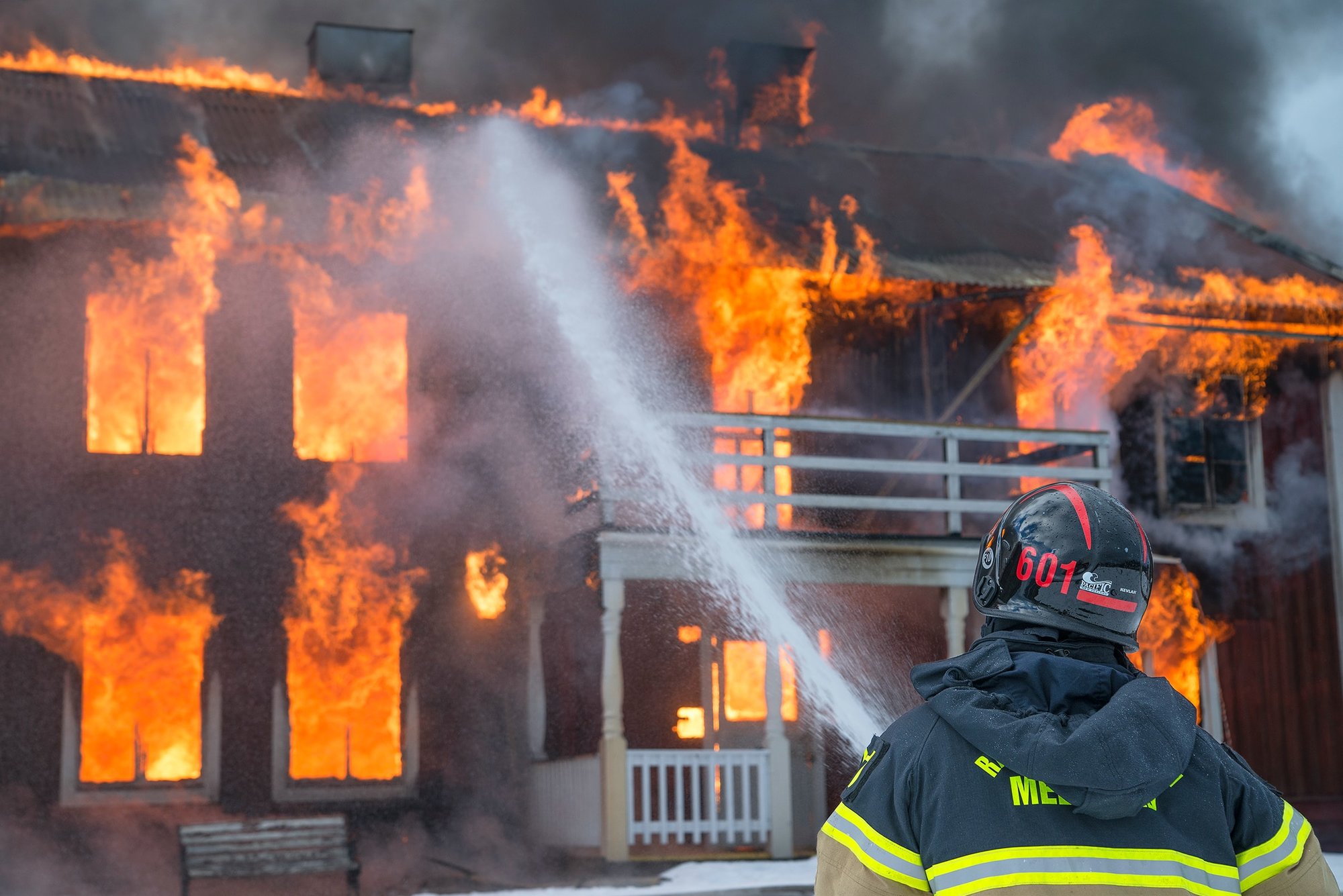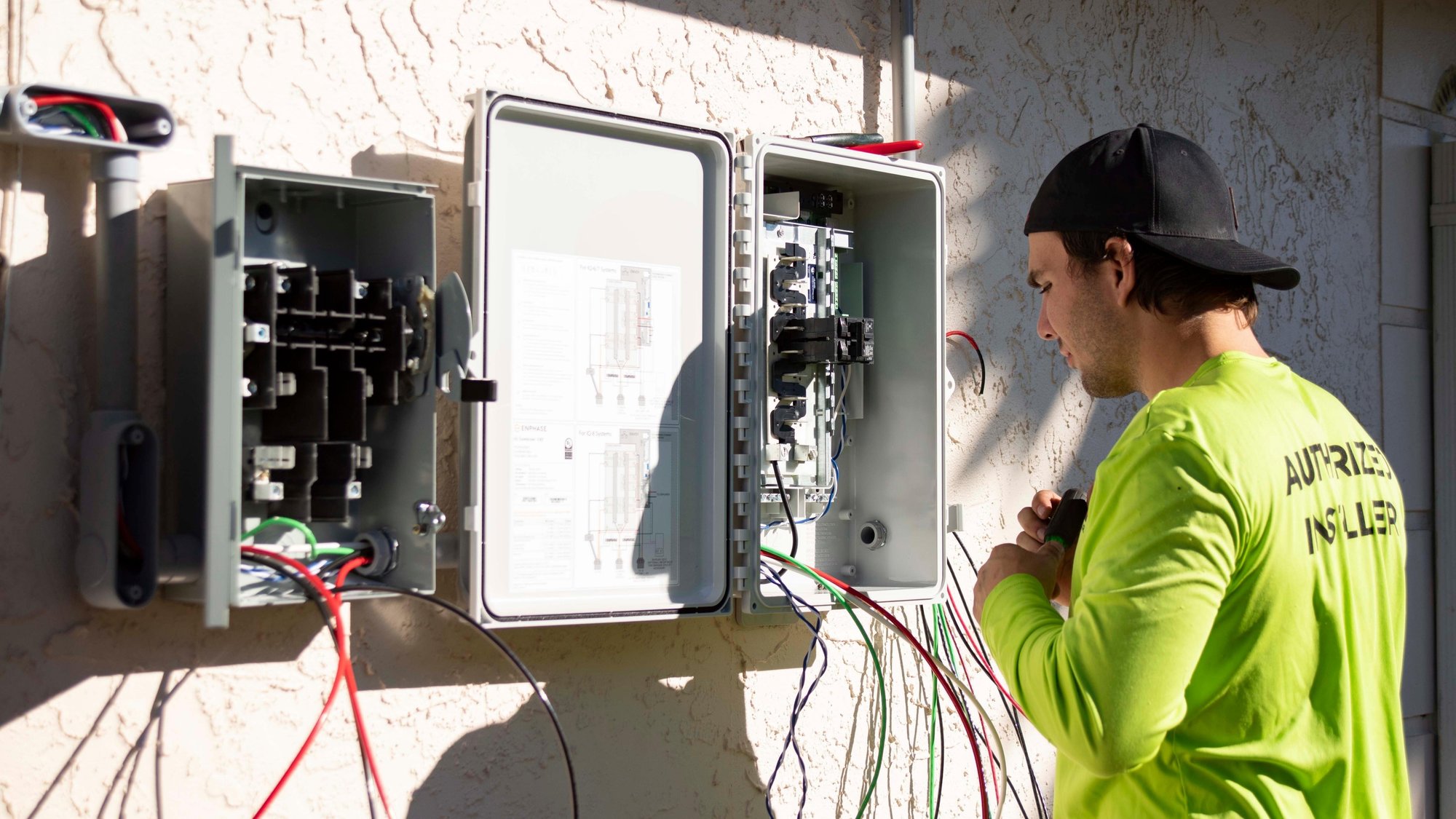
Fire safety is an essential part of home ownership, and it's important to take all the necessary steps to ensure your home is adequately protected from potential fires. While it may seem like a daunting task, there are several ways to fireproof your home. Here are five tips for fireproofing your home to help you keep your family, property, and belongings safe.
1. Install smoke alarms on every level of your home, and check them regularly.
Installing smoke alarms on every level of your home is a simple yet effective way of ensuring that you're alerted to potential fires. Smoke alarms should be tested at least once a month and replaced every 10 years. A good rule of thumb is to install one on each level of your house, in bedrooms, and near any major gas- or wood-burning appliances. Additionally, consider placing smoke alarms in hallways and common areas as well. To ensure optimal protection, be sure to purchase smoke alarms certified by Underwriters Laboratories (UL) as "a secure fit" to the wall or ceiling. When installed correctly, these devices should remain securely in place. Make sure you keep a spare set of batteries on hand so you can quickly replace them when needed.
2. Replace old wiring with new, fire-resistant wiring.
Second, it's important to use new wiring with fire-resistant insulation for any rewiring jobs in order to reduce the risk of an electrical fire in your home. Fire-resistant wiring is essential for any home, as it helps to reduce the risk of an electrical fire. Underwriters Laboratories (UL) has approved this type of wiring, which has been designed with extra protection from flame spread in the event of an overheated electrical system. In addition, these wires come with insulation that helps prevent any potential sparks or arcing from escaping and potentially igniting nearby materials. Make sure you consult a professional electrician to ensure that all wiring is properly installed for maximum protection against fires.
3. Keep up with regular maintenance of your heating system to reduce the risk of a fire due to malfunctioning parts or electrical overloads.
Regular maintenance of your heating system is essential for keeping it operating properly and avoiding any potential fires. Have your heating system serviced annually by a qualified professional to identify any potential issues that could lead to overheating, short-circuiting or another malfunctioning of the unit. In addition, check around vents, filters, and other easily accessible parts of the system regularly to ensure all components are working correctly and safely. Make sure you also keep an eye out for any buildup of dust or debris, as these materials can act as fuel to accelerate the spread of a fire should it occur.

4. Install and use UL-listed fire extinguishers in key locations throughout your house and ensure everyone in the family knows how to use them properly.
You should have UL-listed fire extinguishers mounted in key areas throughout the house. Each family member should understand how to properly use a fire extinguisher and practice using them regularly. Every fire extinguisher should be checked at least once a year for any signs of leakage or damage that could render it ineffective in an emergency situation. In addition, it is always wise to keep an extra fire extinguisher in the house that can be used if one runs out during a fire event. Having the right equipment and knowing how to use it correctly can mean the difference between containing a fire and having it spread throughout your home.

Leave A Comment